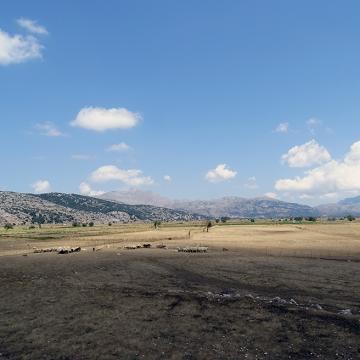Press Release: 21st of May, Pan-European Day for the NATURA 2000 Network
The 21st of May is the day dedicated by the European Union to the Natura 2000 Network. Despite the more than twenty years of establishment of the Network, little is known about it. The celebration of this day (Natura Day) completes three years this year, and was enacted for the provision of broader and better information to European citizens about the Network, its services and its benefits to the environment and society.
The European Network of Protected Areas “Natura 2000” is the basic institutional and legal framework of the European Union for the protection of biodiversity, while it is the largest network for the protection of wildlife in the world. It consists of a network of protected areas in all EU Member States. The integration of each area in the NATURA 2000 network was based on the types of habitats, the land that the habitats occupy, as well as the flora and fauna that they host.
The protection and conservation of ecosystems within the areas of NATURA 2000 Network provide significant benefits for the local economy and a wide range of opportunities for the development of environmentally friendly business, strengthen social cohesion, and also preserve the cultural landscape as a common work of nature and people. Across Europe, these benefits valued at EUR 200-300 billion annually.
Today, the NATURA 2000 network has more than 26,000 sites across the European Union, with a total area of 850,000 sq. Km, which represents almost 20% of European territory. The NATURA 2000 network in Greece includes 419 sites.
The NATURA 2000 network in Crete covers about 30% of the area of the island and includes 53 sites. The biodiversity of Crete is one of the most important in Europe, both in number and in species endemism, which is a result of the physical isolation of the island from the rest of the mainland.
The continued occupation of Crete from antiquity was based on local natural resources of the island. In turn, these valuable resources shaped the local socio-economic development and cultural tradition, and today we can speak of a united natural and cultural environment of the island. The NATURA 2000 Network in Crete ensures that local ecosystems will remain rich in flora and fauna and that they will continue to contribute their valuable services towards a sustainable rural and ecotourism development, particularly in economically disadvantaged areas, but also in health, welfare and cultural bloom of the local community of Crete.



